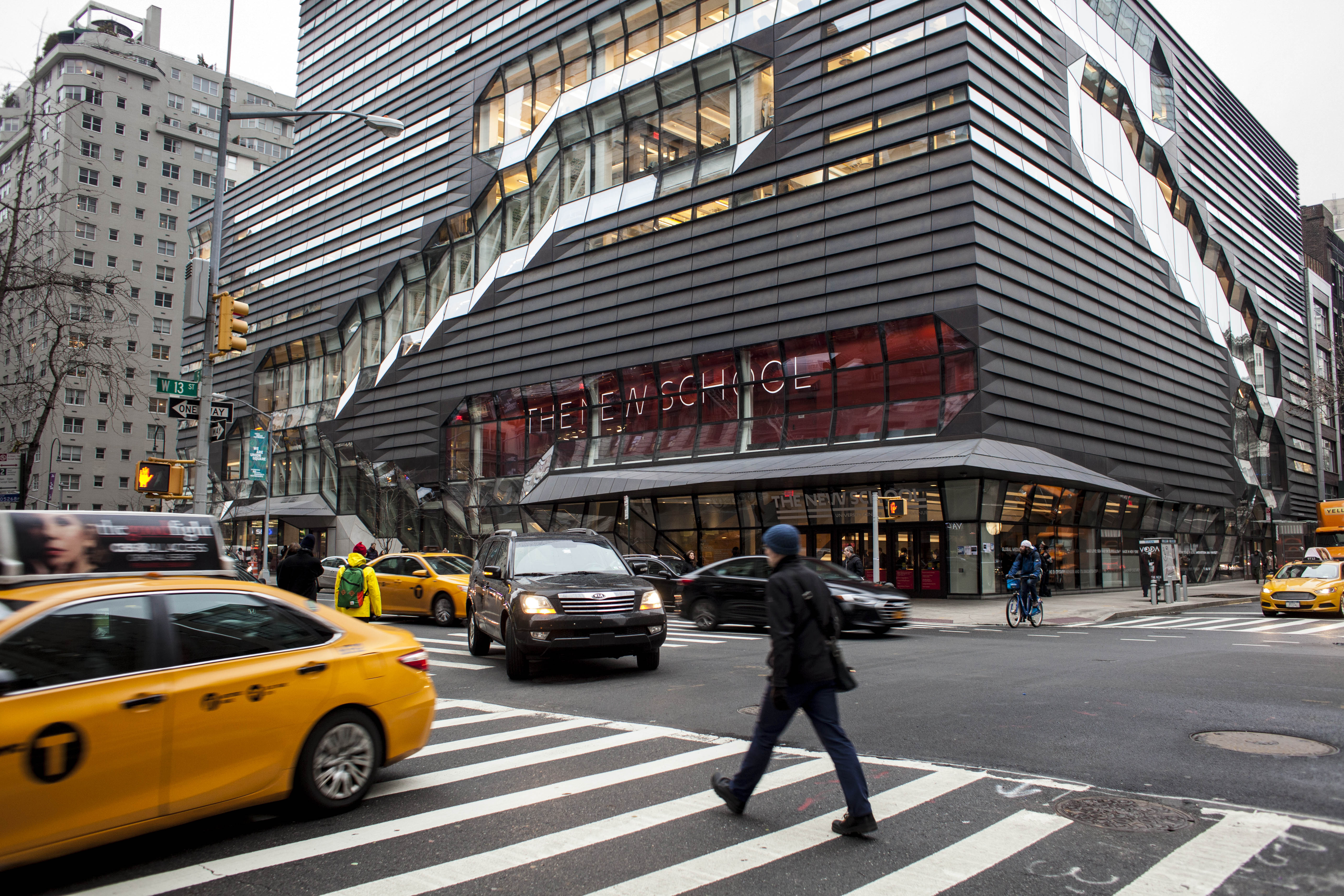Trump’s goal of slashing government spending by $10.5 trillion in the next 10 years includes cutting the National Endowment for the Arts (NEA) from the federal budget entirely, reports The Hill.
The plan rings a harsh note among New School faculty.
Eliminating the NEA would mean arts-related organizations would no longer receive crucial federal support for projects in all 50 states, the District of Columbia, and the five American territories. Individual writers and translators would also be affected.
New School for Social Research Psychology Professor Emanuele Castano, who received an NEA grant in the spring of 2016, said the NEA budget, compared to other federal spending, is so miniscule that eliminating it would hardly dent the overall national budget of $4.1 trillion.
“Trump’s idea of closing it has to do with the antipathy for anything that is left, and liberal, and human,” said Castano. “It has nothing to do with the money. It’s an ideological thing.”
The NEA gave out 1,180 grants in the fall of 2016, totaling $30.886 million of its overall annual spending of $147.9 million. Last year, 80% of that $147.9 million was distributed through grants across the country, according to Victoria Hutter, Assistant Director of Public Affairs of the NEA.
“[Eliminating the NEA] would really have a strong impact on all these small art companies that basically survive thanks to that kind of support,” Castano said.
Castano’s $25,000 grant will support empirical research on how reading literary fiction and watching art films enhances someone’s capacity for understanding others. $15,000 of the grant will be for compensating participants, while $10,000 will be spent on paying for research assistance.
He said the arts are essential to what makes us human.
“There are so many reasons why closing down the NEA is bad because the arts enhance our capacity of thinking critically,” he said. “As far as I’m concerned, the influence of the arts really helps us increase empathy for each other.”
The organization has a strong reputation and receiving a grant acts like a seal of approval for organizations that go on to raise further funds. Each dollar of an NEA grant can be leveraged to produce nine dollars in additional funding, Hutter, of the NEA, said.
The NEA’s total 2016 budget of $147.9 million makes up .004% of the total annual federal budget, according to Hutter.
Trump’s administration has been busy enacting other executive orders, including the recent travel ban to seven predominantly Muslim countries and the United State’s withdrawal from the Trans Pacific Partnership Trade Deal. The White House has not finalized any budget cuts yet, but The New York Times reports that the NEA is one of several programs to be potentially quashed. Also on the list is the Corporation for Public Broadcasting, the Legal Services Corporation, and Americorps.
The NEA awarded David Lopato, a professor at the School of Jazz at The New School, two grants in the 70s and one in the 90s. He said that, although it might be unlikely for students to receive NEA grants until they have established a strong portfolio, losing the NEA may still affect New Schoolers negatively.
“Students are part of the feeder line for future artists and musicians,” he said.
Last fall, The New School received a $20,000 grant to support New School Concerts’ New York String Orchestra Seminar, a program that gives string, brass and wind players between the ages of 16-23 an opportunity to perform at Carnegie Hall.
New School Concerts Director Rohana Elias-Reyes said that for the past 25 years the NEA has issued grants to the program, except for three different years during that period in which they did not get federal funding.
Losing the NEA would put the future of the program in uncertain territory.
“In the short term we might be able to scramble, but over an extended period that would be very difficult,” Elias-Reyes said. “And I would say the support isn’t just the financial support, though that’s absolutely necessary, it’s also that it kind of gives an outside seal of quality and approval.”
Jazz Professor Lopato also emphasized the civic importance of the arts.
“Often art is about dissent, an expression of dissent, or expression of otherness. I think the last thing you want to do is curb it or prohibit it,” said Lopato.
Senator Kirsten Gillibrand wrote a bipartisan letter signed by 24 senators on Feb. 17 urging Trump to continue to support the NEA and the National Endowment for Humanities, according to press release on her website.
Photo by Julia Himmel.







